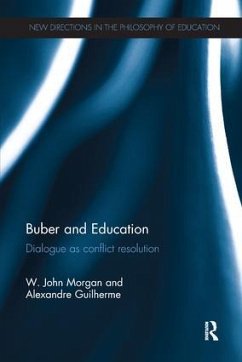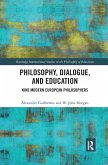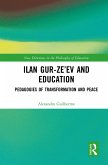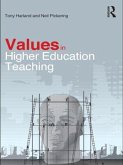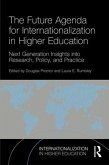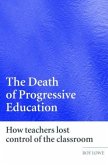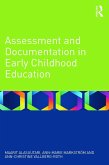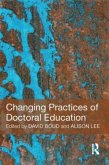Martin Buber (1878-1965) is considered one of the 20th century's greatest thinkers and his contributions to philosophy, theology and education are testimony to this. His thought is founded on the idea that people are capable of two kinds of relations, namely I-Thou and I-It, emphasising the centrality of dialogue in all spheres of human life. For this reason, Buber is considered by many to be the philosopher of dialogue par excellence. After Buber's death the appreciation of his considerable legacy to the various disciplines in which he had worked became rather muted, but was never completely forgotten. There is now a renewed and growing interest in Buber's thought, especially in his philosophy of education. This book brings together aspects of Buber's philosophy and educational practice, and explains their significance for peace dialogue and for conflict resolution, both between individuals and communities. Buber's philosophy of dialogue and views on education are pivotal in demonstrating the personal and social benefits of dialogical education as well as the dangers of non-dialogical education. The book will be valuable reading for academics, researchers and postgraduate students interested in Martin Buber, education, peace dialogue and conflict resolution.
Hinweis: Dieser Artikel kann nur an eine deutsche Lieferadresse ausgeliefert werden.
Hinweis: Dieser Artikel kann nur an eine deutsche Lieferadresse ausgeliefert werden.

